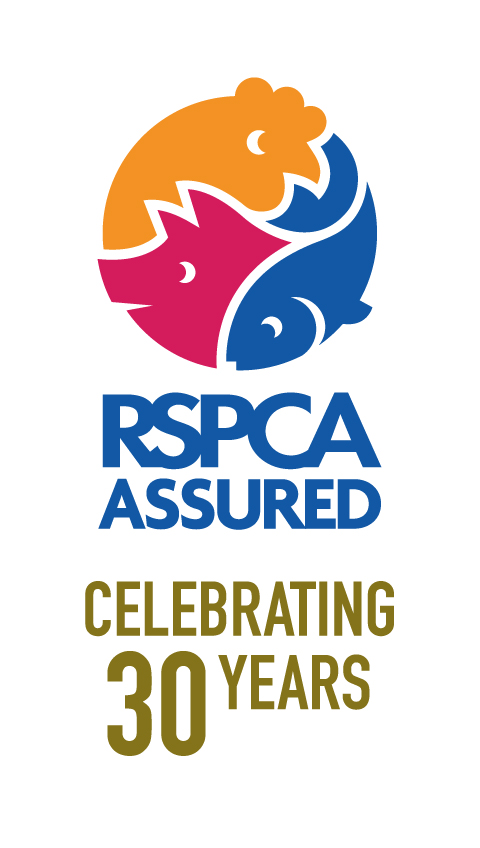Wood Farm in Waresley, Bedfordshire
Twenty-five years ago, there was relatively little concern about where food came from and how the animals that produced it were reared.
But one couple was determined to do things differently. Cambridgeshire farmers, Charles and Jo Mear were amongst the first farmers in the country to sign up to RSPCA Assured – the RSPCA’s higher welfare farm assurance and food labelling scheme.
Charles and Jo are fourth-generation farmers producing eggs from their 28,000-strong flock of free-range hens at Wood Farm in Waresley, Bedfordshire.


The welfare of their hens is at the heart of everything Charles and Jo do but they have also worked hard, with spectacular results, to create a sustainable future for generations to come.
“We mill all our own feed for the hens on the farm which helps boost our green credentials. We only use our own wheat, or wheat from neighbouring farms, to cut down on food miles and we also use natural additives such as vitamins, probiotics and enriched natural yeasts to keep our birds in the peak of health” Charles says.
This approach has resulted in zero use of antibiotics – something the couple is immensely proud of. And taking their ethical approach a step further, they recently installed solar panels on one of their buildings to produce electricity to power the feed mill.
“We wanted to make our farm as sustainable as we can by creating our own renewable energy. We’ve also built an anaerobic digester which we fuel with our homegrown rye and maize crops”, says Jo.
“The anaerobic digester breaks down the rye and maize to produce methane which then runs their generator, transforming the methane into green electricity and renewable heat.
We use about 10% of this home-made energy on the farm whilst the rest goes to the grid, providing enough electricity to power 340 local homes.”
And that's not all. Once digested by the anaerobic digester, the bi-product is separated into bio mulch and bio-fertiliser which is then mixed with manure from their flocks.
“That gives us valuable natural fertiliser which increases the yield of the following year’s crops – a very satisfying natural ‘full circle’.’
It’s now been 23 years since the couple became RSPCA Assured egg producers. Looking back on their decision to join the scheme, Charles concludes “Right from the outset, we believed that good welfare meant happy, healthy hens but also better quality, better-tasting eggs”.
